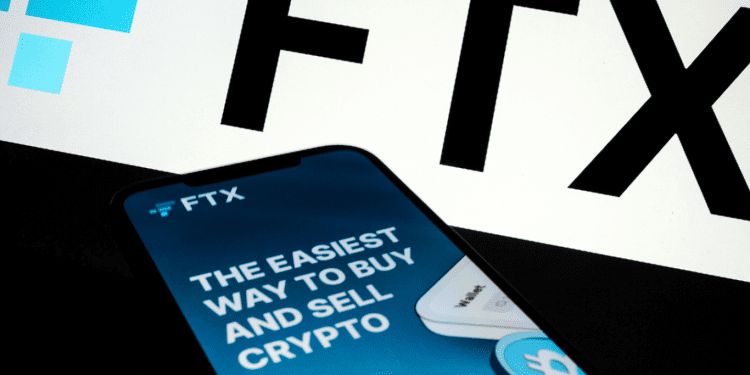Four renowned US media outlets are opposing the move by FTX and the Official Committee of Unsecured Creditors to seal the names of non-US FTX clients in their bankruptcy case.
- According to the media outlets, there is no legal justification for redacting the names of non-US clients under non-US data privacy regulations.
- On January 11, 2023, FTX and the Official Committee of Unsecured Creditors received permission to redact and withhold consumer information.
Recent Developments
Four well-known US news organizations, including Bloomberg, Dow Jones, The New York Times, and the Financial Times, have persisted in trying to learn the names of foreign FTX clients. On May 3, 2023, they submitted a new objection to a request to redact the customers’ names.
The media companies’ current defense is that non-US data privacy regulations do not provide a legal justification for withholding the identities of non-US customers and that foreign rules cannot supersede US constitutional and statutory law’s right to access information.
On January 11, 2023, customer data could be redacted and withheld by FTX and the Official Committee of Unsecured Creditors. Section 105 of the Bankruptcy Code, which gives the bankruptcy court judicial authority, has been cited as the basis for this new objection to the Committee’s move to seal the identities of non-US consumers. The media outlets contend that this provision doesn’t justify sealing information.
The four companies previously argued that FTX’s debtors’ identities are not “confidential commercial information” and that exposing them wouldn’t put creditors at “undue risk.” The deadline for FTX and the Committee to submit an objection is May 4, 2023, at 4:00 pm Eastern Time. The filing hearing will start at 1:00 pm on May 17, 2023.
FTX’s Bankruptcy Case
In December 2022, FTX, a well-known cryptocurrency derivatives exchange, filed for bankruptcy in the Southern District of New York before the United States Bankruptcy Court. The 2019-founded exchange had significant growth in popularity and expanded to become one of the biggest cryptocurrency exchanges in the world.
The bankruptcy case of FTX has received a lot of attention, and many people are interested in learning how the collapse of the exchange may affect the larger cryptocurrency market. The fact that many of FTX’s customers are allegedly high-net-worth individuals and institutions has increased media attention on the issue.
Media Outlets’ Objections to FTX’s bankruptcy case
Because they feel that the public has a right to access information about the exchange’s creditors, the media outlets oppose FTX’s bankruptcy case. The media companies have contended in their papers that a party’s statement of legal obligations under foreign law cannot be used to revoke the public’s right to view bankruptcy proceedings. FTX and the Official Committee of Unsecured Creditors oppose the media outlets’ concerns, claiming that doing so would expose the creditors of FTX to fraud and extortion.
Due to foreign data privacy laws, the Official Committee of Unsecured Creditors has also argued that the names of non-US customers should be redacted. These assertions have been refuted by the media companies, who maintain that there is no legal justification for withholding the names of non-US clients and that foreign regulations cannot supersede the right to access information guaranteed by US constitutional and statutory law.
Conclusion
The media outlets’ concerns about FTX’s bankruptcy case illustrate the conflict between the public’s right to information access and the requirement to safeguard individuals’ and institutions’ privacy. The lawsuit also emphasizes the difficulties encountered when handling international insolvencies, where varying legal systems and data protection rules may collide. Although the outcome of the media companies’ objections is still uncertain, the case will undoubtedly impact the future of cross-border insolvencies and the larger cryptocurrency market.














